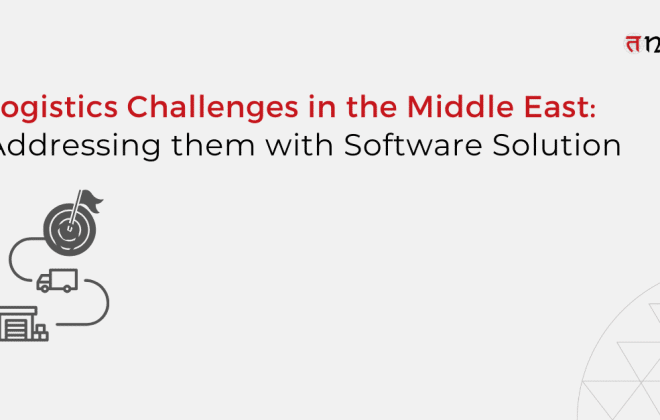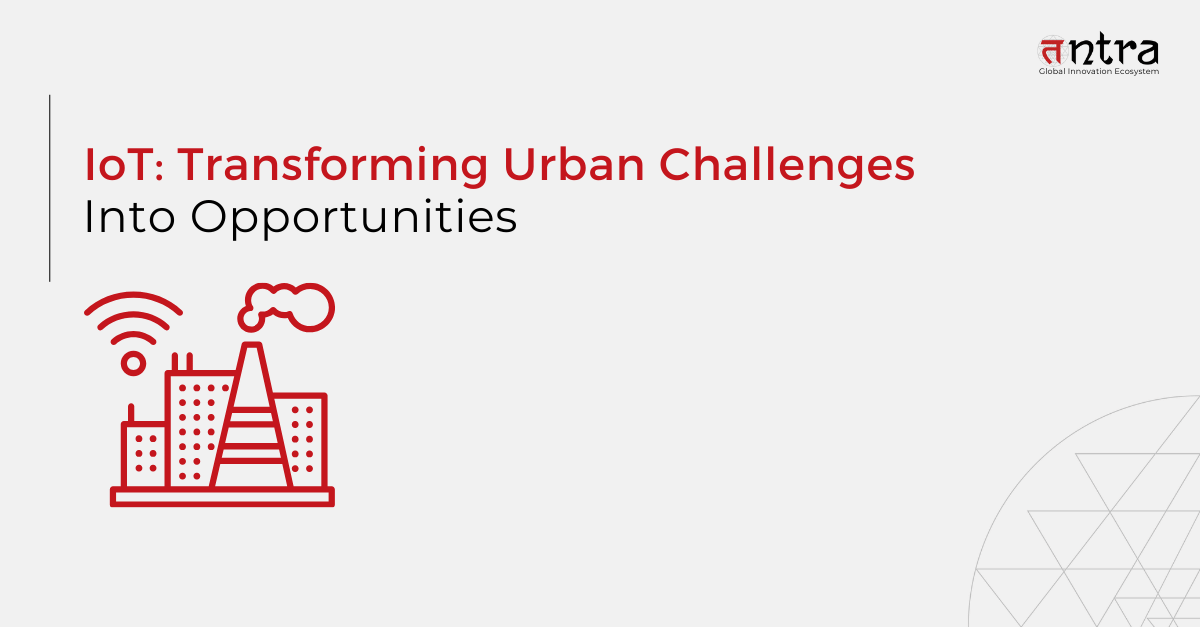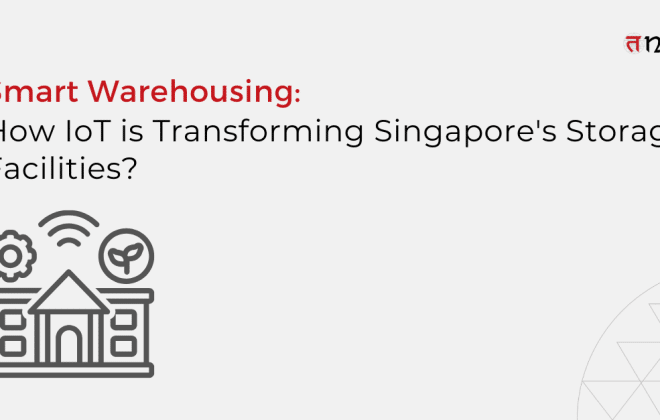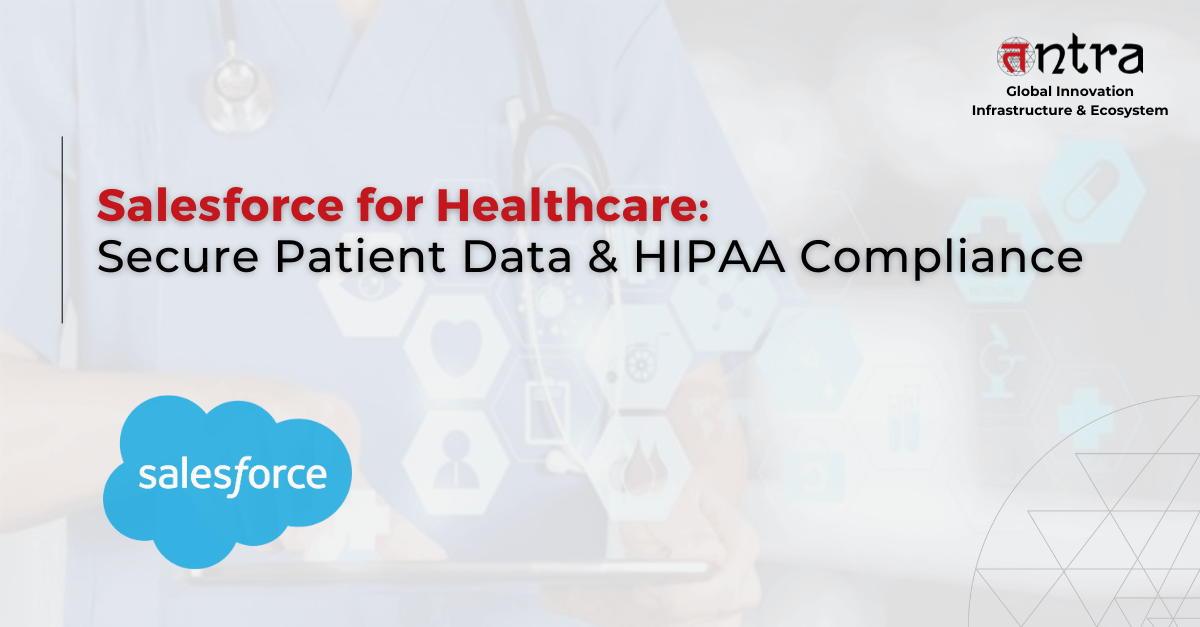
Salesforce for Healthcare: Secure Patient Data & HIPAA Compliance
Table of Contents
ToggleHealthcare breaches cost millions and erode trust. This guide reveals how Salesforce for healthcare, particularly through Health Cloud, encrypts ePHI, automates clinical workflows, and simplifies dual HIPAA-GDPR compliance requirements. Inside, you’ll find Shield encryption specifics, audit-trail retention rules, role-based access strategies, and step-by-step configuration checklists. Decision-makers learn why Salesforce outpaces Epic and Cerner in patient-engagement security and discover smart integration tactics for HL7 FHIR–driven EHR connectivity. Expert links cover implementation, custom development, and ongoing data-security consulting support for scalable, future-proof digital transformation. Continue reading to learn more.
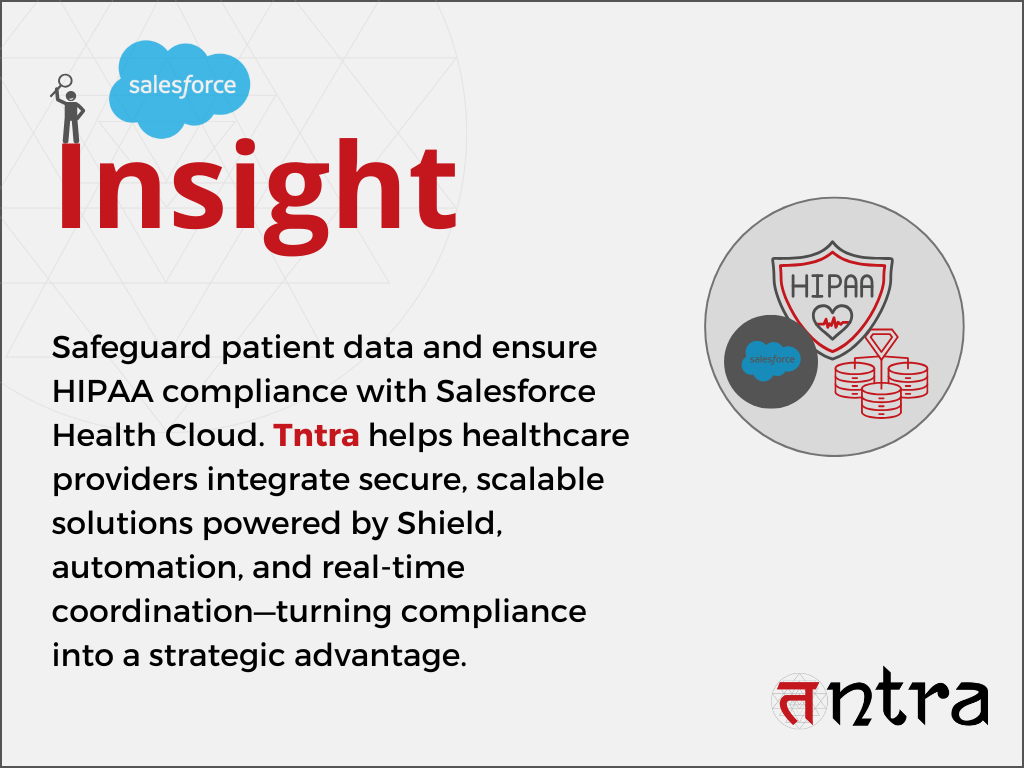
When every headline seems to spotlight a fresh hospital breach or a ransomware‐strangled billing system, it isn’t paranoia that keeps healthcare leaders up at night – it’s reality. The average healthcare data breach hit USD 9.77 million in 2024, the highest of any industry. In this climate, secure patient data management is no longer a “nice to have”; it is table stakes for survival and growth. That is precisely where Salesforce for healthcare steps in. Using Salesforce Health Cloud, providers can meet stringent HIPAA compliance requirements while transforming the way care teams, payers, and patients share information. Let’s unpack how.
Why Patient Data Security Matters in Modern Healthcare
Increasing Risks to Patient Privacy & Electronic Protected Health Information (ePHI)
Cybercriminals know ePHI fetches a premium on the dark web. The 2024 ransomware attack on UnitedHealth’s Change Healthcare unit forced clinics nationwide to furlough staff and lose millions in revenue every day. Beyond financial pain, breaches erode trust, delay treatments, and expose institutions to crushing fines.
The Need for HIPAA and GDPR Compliance in Patient Data Management
HIPAA sets the baseline for safeguarding U.S. patient records, while the EU’s GDPR extends extra-territorial reach to any organization handling European citizen data. Failing either framework can mean multimillion-dollar penalties and reputational fallout. Salesforce GDPR compliance features give multinational systems a single source of truth without juggling regional platforms.
Salesforce for Healthcare: A Trusted Platform for Secure Patient Data
Core Benefits of Salesforce Health Cloud for Hospitals and Clinics
- 360-degree patient view – unify EHR, lab, and claims data into one timeline.
- Real-time care coordination – automate hand-offs between nurses, social workers, and payers.
- Engagement anywhere – mobile teams can update vitals or discharge notes on the go.
The result is faster interventions, fewer readmissions, and measurable boosts in HCAHPS scores.
Salesforce for Healthcare Secure Patient Data & HIPAA Compliance Features
Health Cloud is powered by Salesforce Shield: field-level audit trails, event monitoring, and at-rest encryption that meet or exceed federal and state mandates. Role-based access ensures caregivers see only what they need, while “clicks-not-code” workflows reduce IT backlogs. In short, Salesforce for healthcare, secure patient data & hipaa compliance is more than marketing – it’s engineered into the platform.

How Salesforce Ensures HIPAA Compliance in Healthcare
Built-in Security Features Supporting Compliance
- Platform Encryption: FIPS 140-2 validated algorithms protect data at rest.
- Field Audit Trail: retain up to 10 years of history for ePHI fields to satisfy auditors.
- Shield Event Monitoring: detect suspicious logins or bulk exports in real time.
These tools underpin Salesforce HIPAA compliance strategies across hospitals, payers, and telehealth startups.
Steps to Configure Salesforce for HIPAA Compliance
- Classify ePHI objects – identify any field containing diagnoses, treatments, or billing codes.
- Apply encrypted data types – activate deterministic or probabilistic encryption where needed.
- Define least-privilege roles – restrict access via profiles, permission sets, and OWD settings.
- Enable audit logging – turn on Field Audit Trail for critical objects and set retention periods.
- Test & document – use Shield Health Check and external penetration testing to prove due diligence.
By following these steps, clinicians gain agility without sacrificing compliance.
Healthcare Automation with Salesforce: Driving Compliance & Operational Efficiency
Streamlining Workflows with Healthcare CRM
Appointment reminders, no-show rescheduling, and automated eligibility checks reduce manual phone calls and claim denials. With Healthcare automation with Salesforce, staff reclaim hours each week to focus on care rather than keyboards.
Integrating EHR Systems with Salesforce Health Cloud
Standards-based APIs (HL7 FHIR, SMART on FHIR) let IT teams sync medications, allergies, and lab orders in near real time. A children’s hospital in Texas, for instance, built a middleware service that pushes discharge summaries from Epic into Health Cloud within 90 seconds – no double entry required.
Top Healthcare CRM Solutions for Patient Management
Salesforce Health Cloud vs. Other Healthcare CRMs
| Capability | Salesforce Health Cloud | Epic CRM Module | Cerner HealtheCRM | Microsoft Cloud for Healthcare |
| Native CRM foundation | Yes | Limited | Moderate | Yes |
| Out-of-box patient timelines | Yes | Add-on | Add-on | Yes |
| Built-in marketing automation | Pardot / Marketing Cloud | No | No | Dynamics 365 Marketing |
| End-to-end encryption tools | Shield + Platform Encryption | Third-party | Third-party | Azure Key Vault |
| Compliance certifications | HIPAA, GDPR, FedRAMP | HIPAA | HIPAA | HIPAA, GDPR |
While Epic and Cerner dominate inpatient EHR, top healthcare CRM solutions for patient management are judged by outreach, integration, and security flexibility – areas where Salesforce consistently leads.
Salesforce GDPR Compliance for Global Healthcare Organizations
For hospital chains operating clinics in the U.S. and EU, dual frameworks can feel like juggling flaming scalpels. Salesforce’s Data Processing Addendum, EU Standard Contractual Clauses, and region-locked encryption keys make cross-border data flows lawful and auditable. The same Shield tools that satisfy HIPAA logging also simplify Article 30 record-keeping, giving CISOs one pane of glass for both regimes.

Salesforce Healthcare Solutions to Your Service Needs
Looking to fast-track your rollout? Explore our Salesforce implementation for healthcare, tap our HIPAA-compliant CRM solutions, or request custom Salesforce Health Cloud development to extend the platform with home-monitoring apps, social determinants dashboards, or voice-enabled intake forms.
Our team blends digital transformation solutions, technology consulting solutions, and customized products in software engineering so you can innovate without ballooning overhead. Whether you’re a large payer seeking a software product engineering company or a clinic in need of software product engineering solutions, we’ve delivered.
As a healthcare app development company with deep experience in healthcare software development, healthcare application development, and full-stack healthcare software solutions, we understand both the code and the clinical context.
Conclusion
Security fatigue is real, but resignation is not an option. By combining bulletproof controls with intuitive workflows, Salesforce for healthcare proves you can safeguard lives and datasets at the same time. With Shield, Health Cloud, and proven best practices, your organization gains the resilience regulators demand and the agility patients deserve.
Ready to transform compliance from a cost center into a competitive advantage? Let’s secure tomorrow’s care – today. Schedule a call with the experts at Tntra!
FAQs
Is Salesforce HIPAA compliant?
Yes – when you sign Salesforce’s Business Associate Addendum and restrict PHI to HIPAA-eligible clouds (Health Cloud, Service Cloud, Government Cloud) plus Shield encryption, Salesforce supports HIPAA compliance requirements for confidentiality, integrity, and auditability.
Which CRM is HIPAA compliant?
Any CRM that will execute a BAA and provide field-level encryption, audit trails, and granular access controls can be used compliantly. Salesforce, Microsoft Cloud for Healthcare, and certain Epic modules all qualify once properly configured and covered by a BAA.
What is Salesforce Health Cloud and how does it work?
Health Cloud is Salesforce’s industry cloud for healthcare. It unifies clinical, claims, and social data into a 360-degree timeline, powers care-team collaboration, and delivers secure, mobile access – built on a platform engineered for HIPAA, FHIR, and HITRUST standards.
What is HIPAA compliance?
HIPAA compliance means meeting the Privacy, Security, and Breach Notification Rules that govern how covered entities and business associates protect electronic protected health information (ePHI) in the United States.
How does Salesforce ensure HIPAA compliance in healthcare?
Salesforce offers Shield Platform Encryption, Event Monitoring, Field Audit Trail, and robust role-based access controls. Combined with a signed BAA and customer configuration, these features satisfy the technical safeguards defined by HIPAA’s Security Rule.
What are best practices for managing patient data securely in Salesforce?
Encrypt ePHI fields, apply least-privilege profiles, enable MFA, activate Field Audit Trail for long-term logging, monitor events for anomalies, and review integration endpoints regularly – then document everything for auditors.
Can Salesforce integrate with existing EHR systems?
Yes. Health Cloud supports HL7, HL7 FHIR, and REST/SOAP APIs. Middleware or Mulesoft accelerators let you sync allergies, labs, and discharge summaries with Epic, Cerner, or custom EHRs in near real time – without duplicating data.
